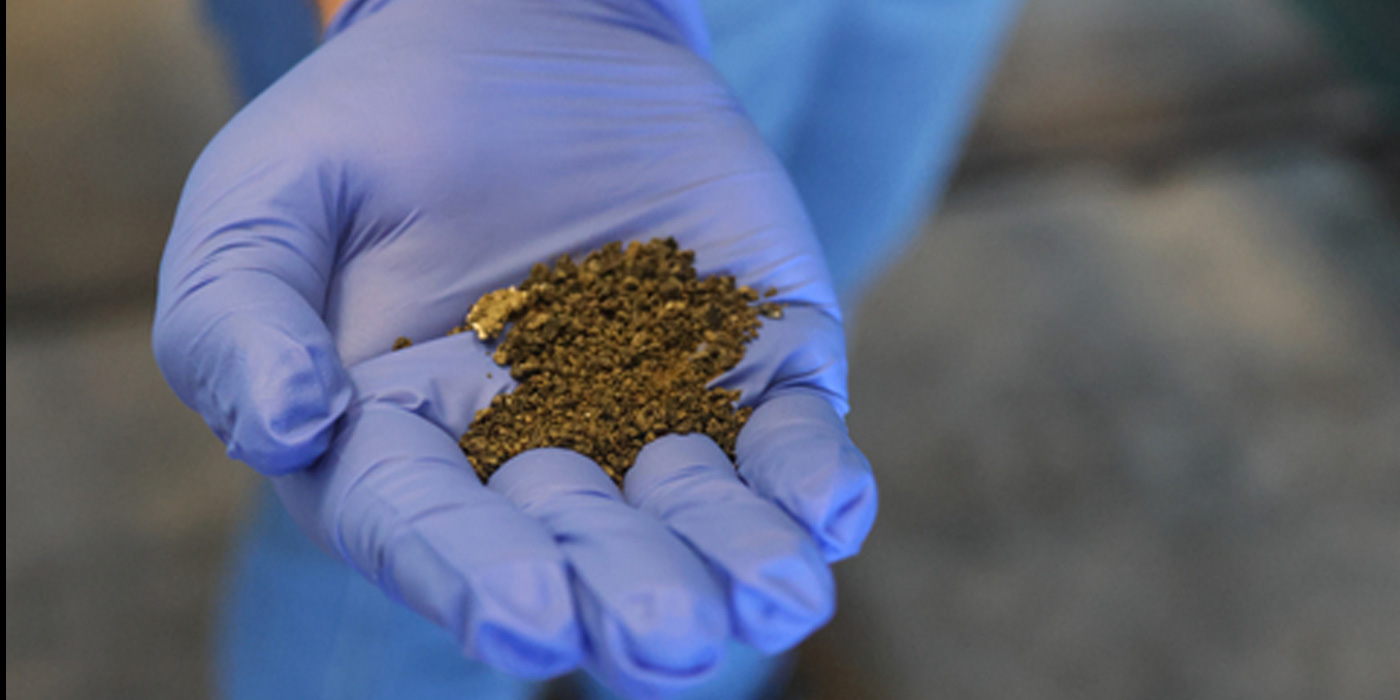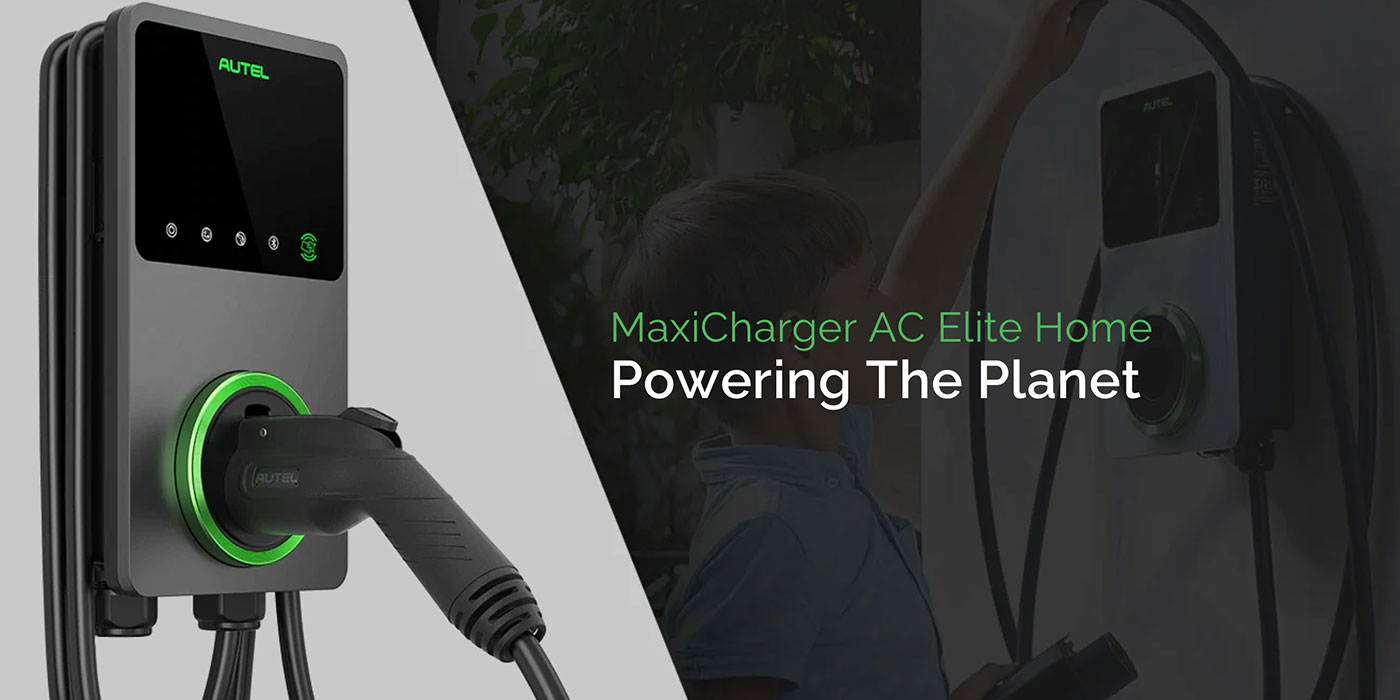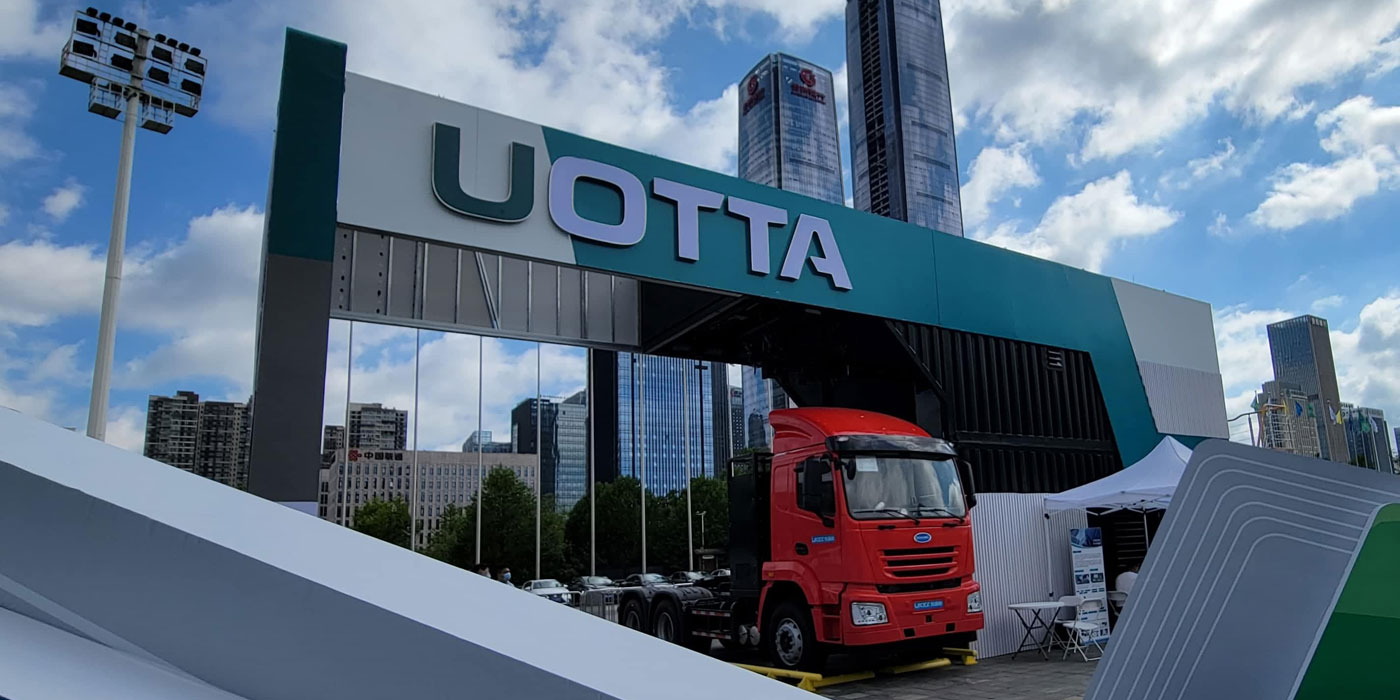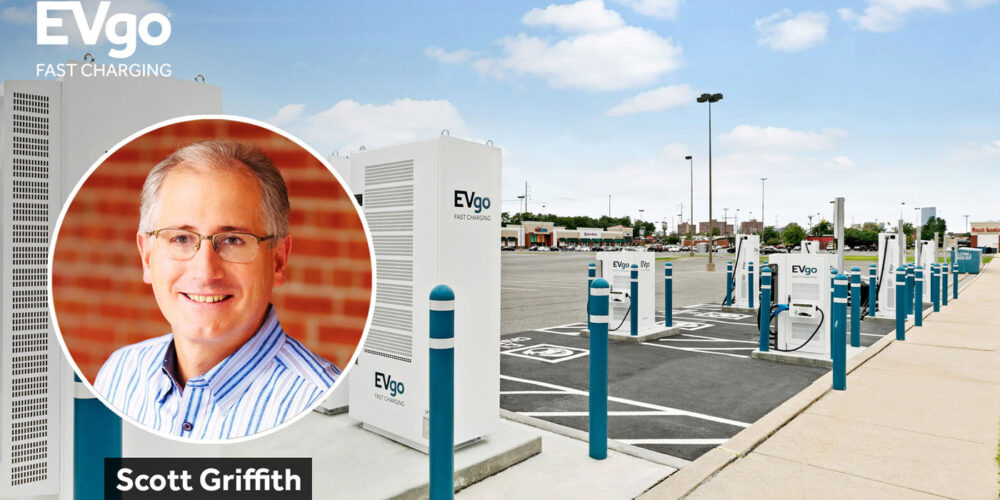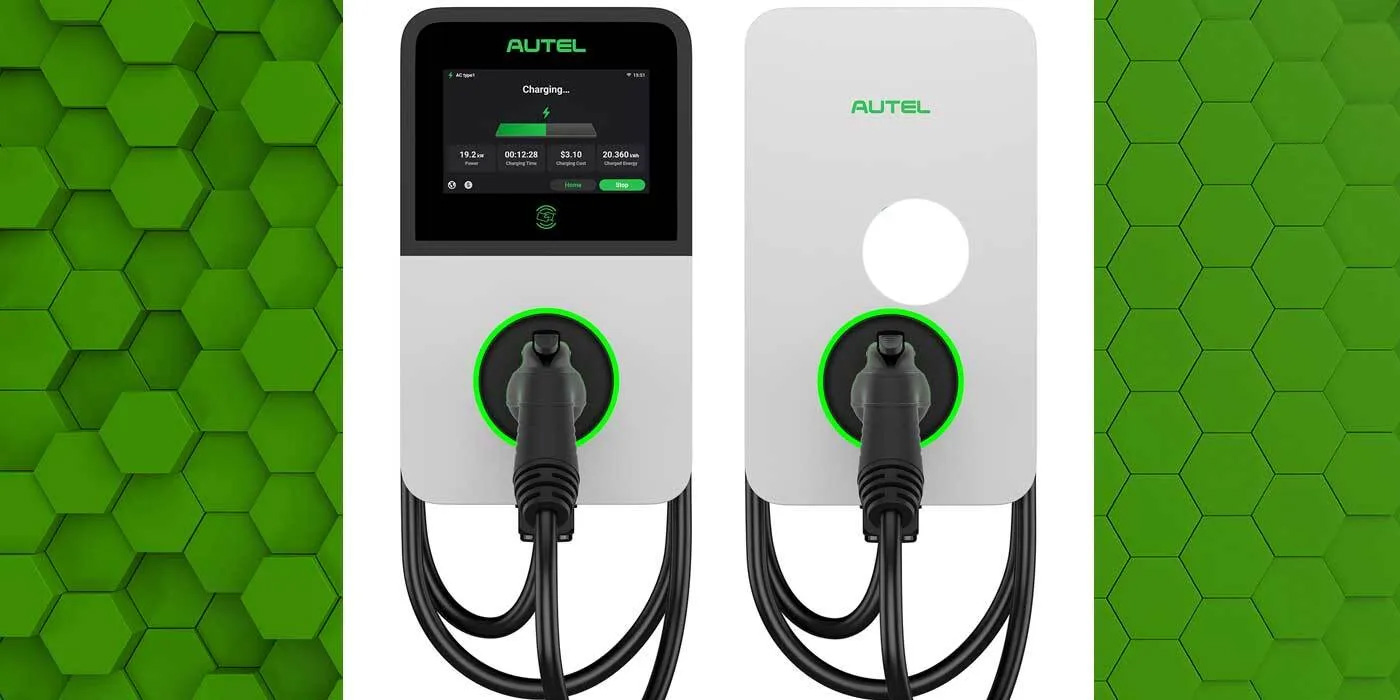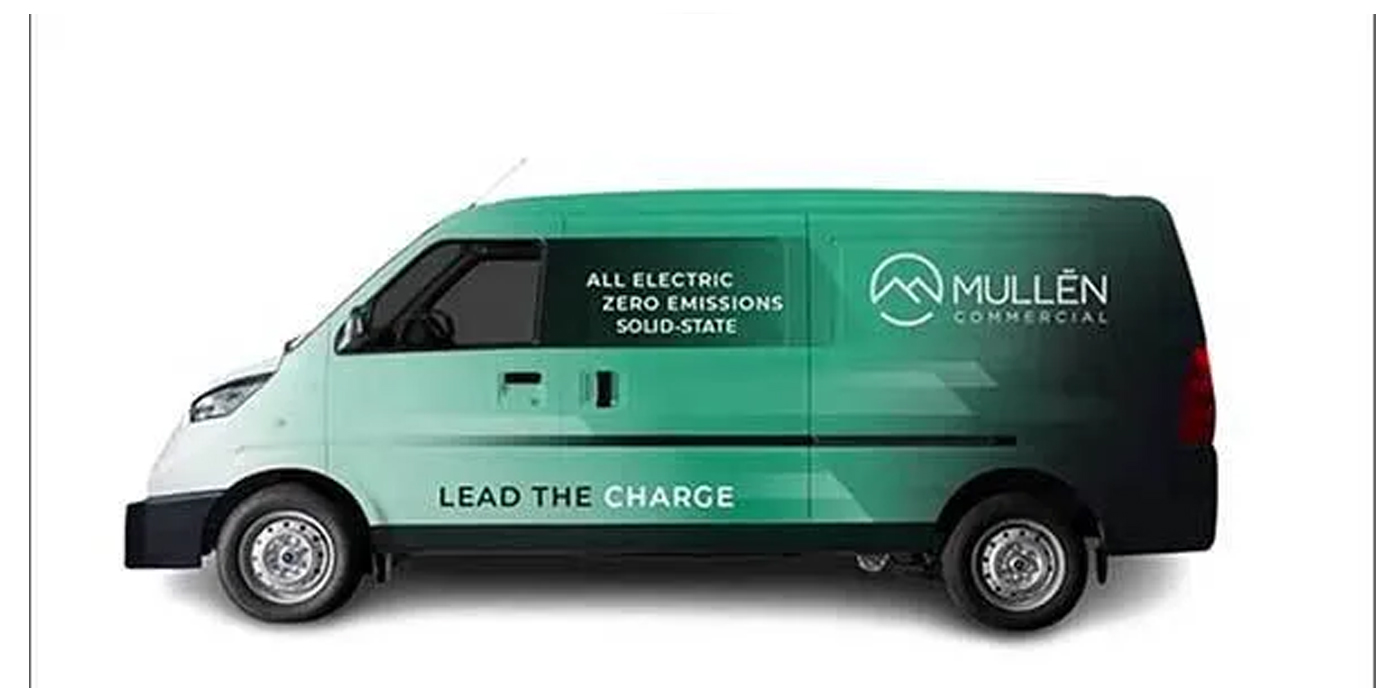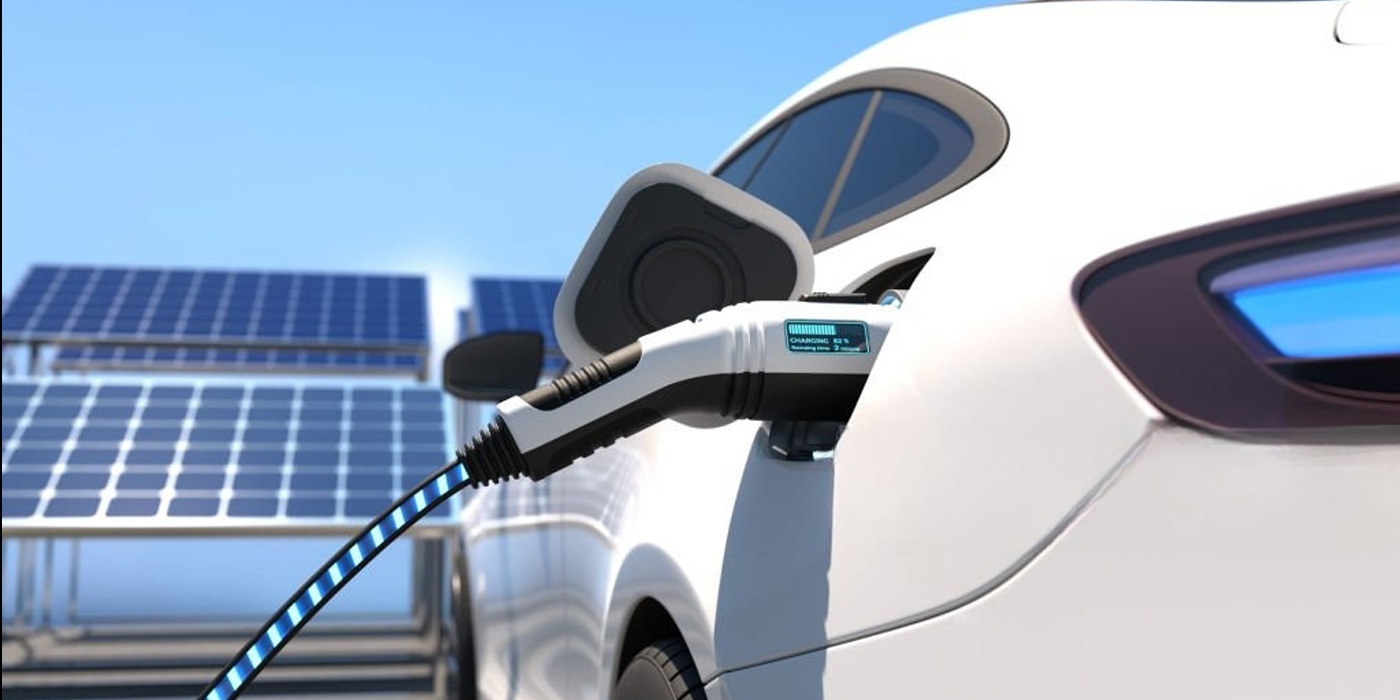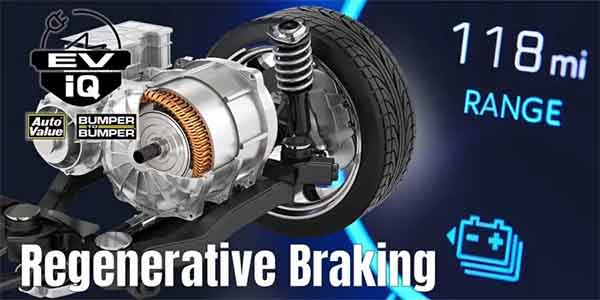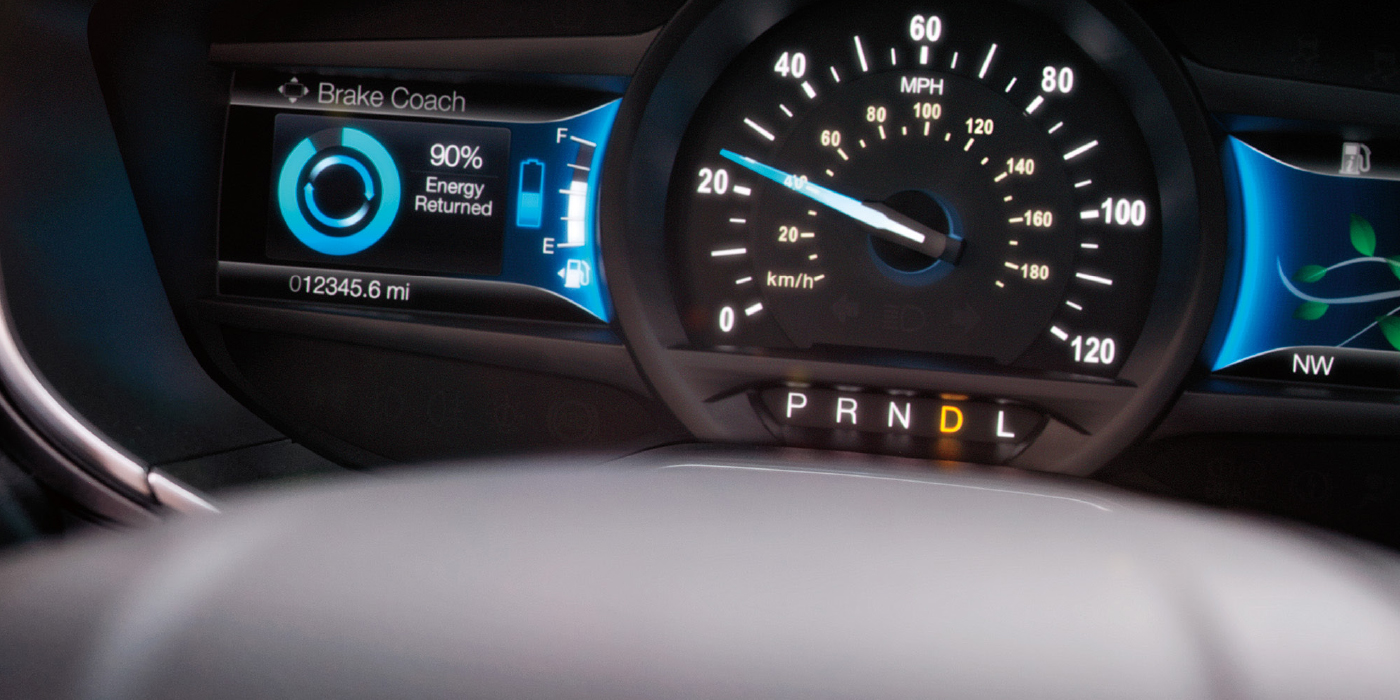Clarios and Altris entered into a partnership aimed at developing low-voltage sodium-ion batteries for the automotive industry. Every vehicle, including hybrid electric and electric vehicles, requires a low-voltage energy source to power critical systems and functions. The low-voltage network in hybrids and EVs is being asked to support an increased number of software-based functions such as steer-by-wire, break-by-wire, autonomous functions and enhanced in-cabin experiences, the companies said.
This transformation is leading automakers to explore multi-battery solutions that include lithium-ion, absorbent glass mat (AGM) lead-acid batteries and other chemistries. Clarios and Altris said the collaboration program aims to develop a Na-ion battery with a potential of up to 60 volts to support automotive applications in both new vehicles and for aftermarket replacements, which also can complement a multi-battery low-voltage system configuration.
Altris said it will focus on the development of Na-ion cells specifically adapted to the needs of the low-voltage automotive battery market.
According to the two companies, the long-term goal is to develop a detailed production plan for low-voltage battery systems using these Na-ion cells. The companies believe the mass production of Na-ion batteries would represent an important advancement in automotive battery technology and an important step in supporting circularity goals.
The companies have agreed not to disclose the financial details of the development agreement.



